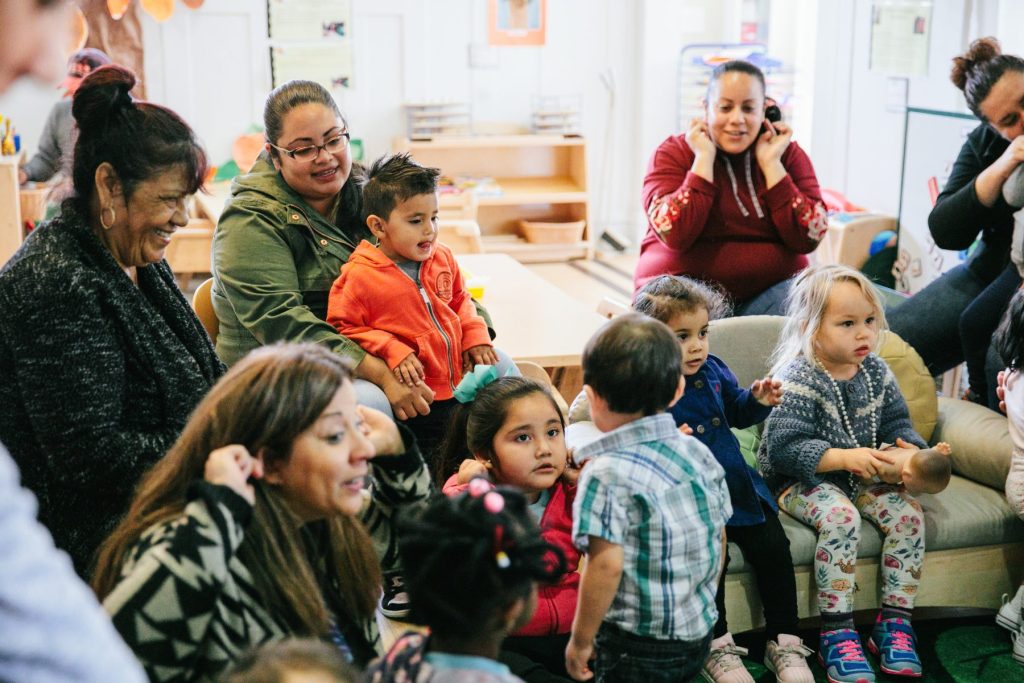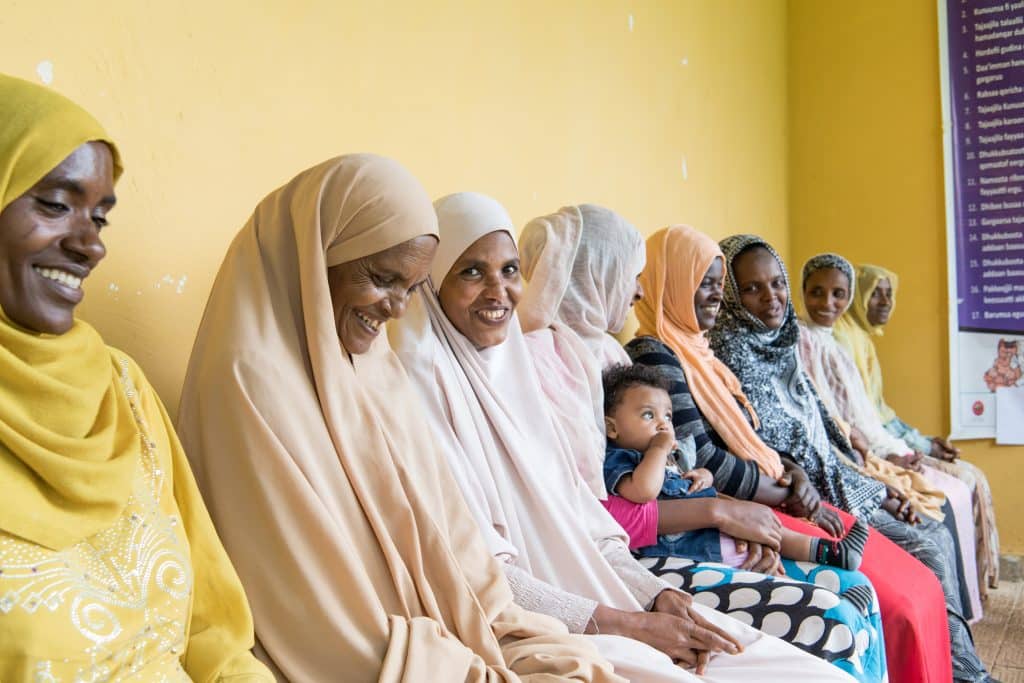While children are the beating heart of our communities, our nation’s youngest are not being kept safe from disease and affliction. Years of progress in reducing the number of uninsured children are being reversed. As we watch the devastating impact of COVID-19 take its toll on our communities and public health system, we are also witnessing the result of years of adverse policy decisions and partisanship that are undermining the health of children and their families. We can and must do better.
The number of uninsured children has risen dramatically in the past three years, with approximately 726,000 children losing health insurance during that time, according to a new report by the Georgetown University Center for Children and Families. Twenty-nine states saw significant numbers of kids losing coverage, with Texas and Florida experiencing the largest losses. Coverage losses were pervasive across income, age, and race/ethnicity but were largest among White and Latino children.
These statistics reflect the period before the pandemic and ensuing economic crisis. With many families having lost their jobs and employer-sponsored health insurance in recent months, the number of uninsured children is likely even higher.
Several state and federal policy and funding decisions have directly driven many of these insurance losses—from federal funding cuts for enrollment assistance to states failing to expand Medicaid under the Affordable Care Act. Anti-immigrant policies have also contributed to coverage declines by creating a chilling effect among many families who worry that applications for citizenship could be jeopardized by taking advantage of Medicaid and the Children’s Health Insurance Program (CHIP), even though many have children who are eligible.
We are headed in the wrong direction.
We know a lack of health insurance has serious consequences for children as they are less likely to have access to essential health care services, including pediatric well-child visits which are paramount for disease prevention and health promotion. New Centers for Medicare & Medicaid Services (CMS) data shows a sharp decline in the utilization of pediatric services covered by Medicaid/CHIP from March through May of 2020 compared to the same period last year—7.6 million fewer dental services, 3.2 million fewer child screening services that assess health and development, and 6.9 million fewer outpatient mental health services. While COVID fears may have caused some parents to hold back on these visits, a lack of children’s health insurance coverage will surely worsen the decline.
When children are not getting pediatric care during important stages in their development, they are not being screened for vision, hearing, lead exposure, physical, and social, and emotional needs and referred for tailored services and supports. Acute care needs, such as broken bones and appendicitis, are delayed. Vaccination rates plummet creating the potential for waves of preventable diseases like measles, mumps, polio, and rubella.
With significant declines in patient volume for these services, many primary care practices will not survive the pandemic, eviscerating the safety network of pediatricians and family practitioners upon which low-income children and families rely. Under normal circumstances, these mission-driven providers have little financial wiggle room; COVID-19 has pushed them to the brink. The impacts are being disproportionately felt in rural areas and communities of color, worsening health and economic disparities.
Amid these ever-present challenges to coverage and services, many private philanthropies have invested vast resources to secure the health and well-being of our nation’s children. We have advocated for decades alongside thousands of our grantees—partner organizations, large and small, who work tirelessly on the frontlines to protect children and families and ensure the vitality of our communities.
But we cannot solve these problems on our own.
We need the support, courage, and political goodwill of our leaders and policymakers who center the health of children in their decision-making. We need leaders who, rather than de-value programs and policies that benefit children and their families, will take action to strengthen them. We need policymakers across the political spectrum to dedicate meaningful public resources to these ends, or else millions of children will fall through the cracks. In comparison to other wealthy countries that spend an average 2.4 percent GDP to support families, the U.S. spends just 1 percent. Although children comprise 25 percent of the U.S. population, only 7.5 percent of the federal budget went to the health and well-being of children. If our investments reflect that which we care for, what does this say about how we are prioritizing children?
Our nation’s well-being rests upon the well-being of our children. It is time that we understand that “those children and families” are really “our children and families,” and that our children, the beating heart of our communities, are truly our future.










